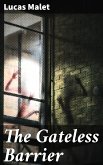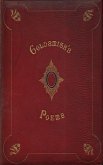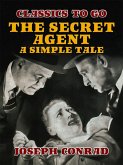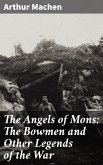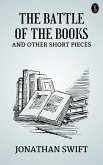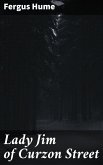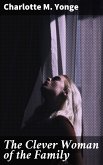In "Anne Severn and the Fieldings," May Sinclair masterfully navigates the intricate labyrinths of human emotions and social dynamics in early 20th-century England. The novel employs a modernist style that intertwines psychological depth with vivid characterizations, allowing readers to explore the nuanced lives of its protagonists. Sinclair's narrative weaves together themes of love, moral ambiguity, and societal expectation, set against the backdrop of a changing world, thus offering a rich commentary on individuality and relationships that resonates with the modernist exploration of inner consciousness. Sinclair, a prominent figure in the literary movements of her time, was known for her keen insights into gender and psychology, aspects of her own life experiences that inevitably informed her writing. She was heavily influenced by her studies in philosophy and her connections to key Modernist thinkers, which shaped her ability to capture the complexities of human thought and behavior. "Anne Severn and the Fieldings" reflects her engagement with the philosophical questions of identity and purpose, while also revealing the constraints imposed by society. This novel is a must-read for anyone interested in the evolution of modern fiction and its exploration of psychological depth. Sinclair's ability to reveal the intricacies of interpersonal relationships makes this work not only a compelling narrative but also a significant contribution to feminist literature. Readers will find themselves captivated by the emotional resonance and intellectual rigor of Sinclair'Äôs prose.
Dieser Download kann aus rechtlichen Gründen nur mit Rechnungsadresse in A, B, BG, CY, CZ, D, DK, EW, FIN, F, GR, H, IRL, I, LT, L, LR, M, NL, PL, P, R, S, SLO, SK ausgeliefert werden.



